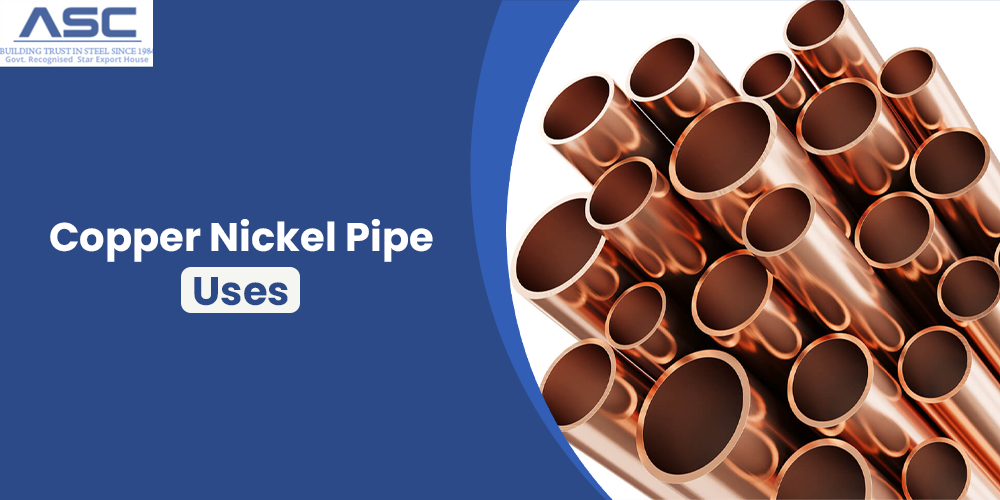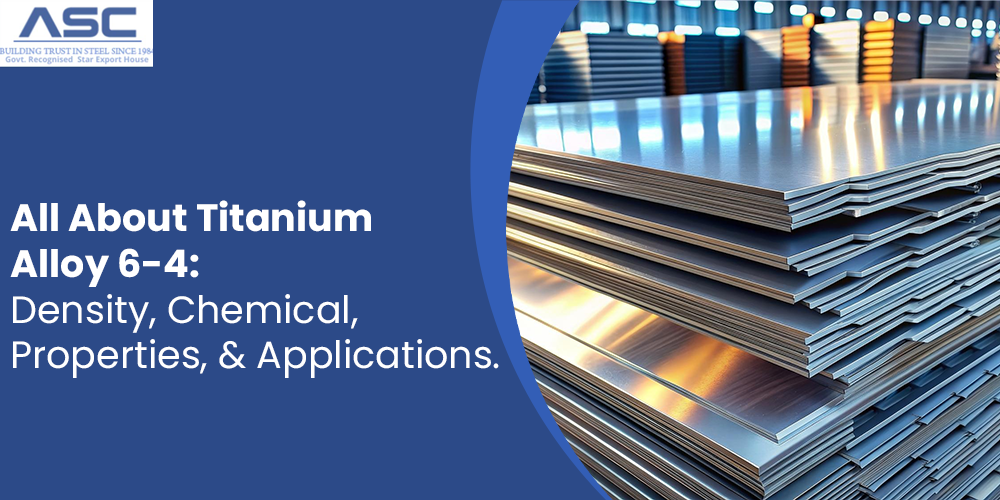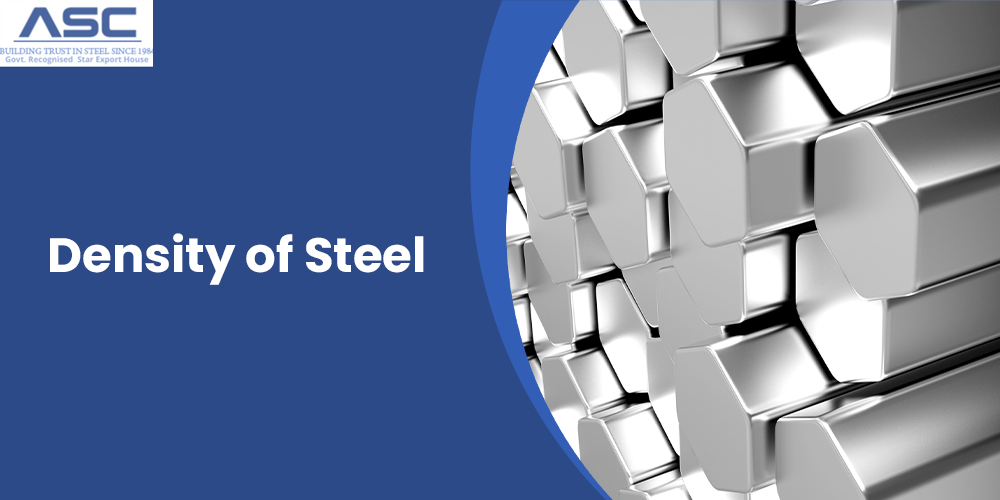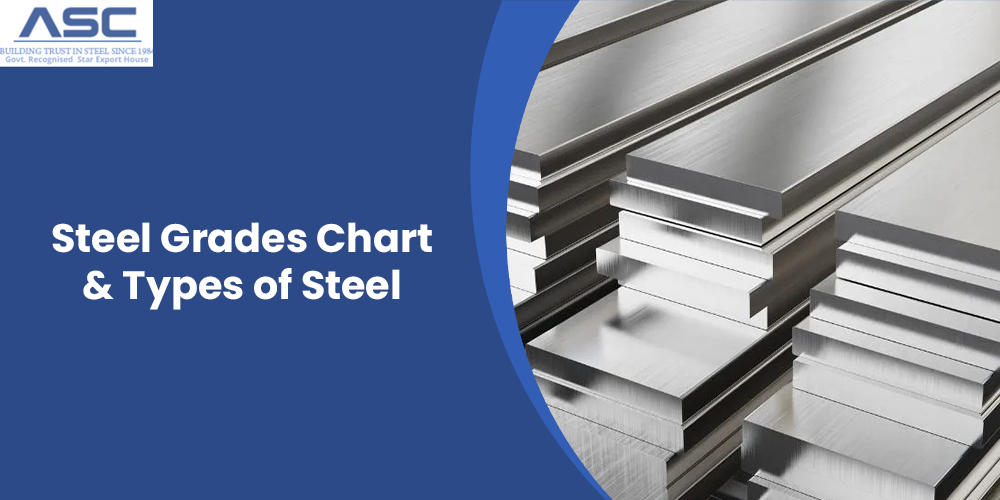What is Copper Nickel Pipe Used for?
by AMC
Posted on September 02, 2024 at 12:40 PM

In this article, we'll take a closer look at copper-nickel pipes—an important yet often overlooked material. Copper Nickel Pipes are known for being very resistant to rust and wear, making them perfect for tough jobs in places like ships, cooling systems, and chemical plants.
Find out why copper-nickel pipes are a top choice for reliable and long-lasting performance in challenging conditions.
What is Copper Nickel Pipe?
Copper-nickel pipe, also known as cupronickel, is a metal alloy made from copper and nickel. It's highly resistant to corrosion from seawater and other harsh environments, which makes it an excellent choice for marine uses like boat construction and repairs. Besides being strong yet lightweight, copper-nickel pipe is ideal for transporting liquids over long distances without adding extra weight. It also handles extreme temperatures well, making it suitable for both hot and cold water plumbing. Overall, its strength and corrosion resistance make the copper-nickel pipe a top pick for demanding industrial and marine applications.
Copper-nickel pipe, commonly made from alloys such as 90/10 (90% copper and 10% nickel) or 70/30 (70% copper and 30% nickel), is highly valued for its durability and resistance to corrosion. This makes it particularly useful in marine environments, where it is employed in shipbuilding and offshore structures due to its ability to withstand the harsh effects of seawater.
Explore our wide range of Copper Nickel Products, including pipes, tubes, flanges, and fittings, known for their excellent corrosion resistance.
Uses of Copper Nickel Pipe
Copper Nickel pipes are used in various applications and equipment due to their excellent resistance to corrosion and fouling. Here’s how they are applied in specific settings:
Condensers and Heat Exchangers
In condensers and heat exchangers, cupronickel pipes are highly valued. These systems typically consist of tubes mounted between tube plates, with the entire assembly housed in a shell. The pipes are internally cooled by oil or water, and the choice of materials depends on service conditions. For systems involving seawater cooling, cupronickel pipes are ideal because they can withstand the corrosive effects of seawater, making them suitable for critical components.
Properties Required for Condenser and Heat Exchanger Tubing:
- Resistance to erosion and impingement in flowing seawater
- Resistance to pitting in static seawater
- Resistance to stress corrosion
- Ease of production
- Good thermal conductivity
- Long-term reliability and cost-effectiveness
Copper Nickel Pipe meet these criteria, making them widely used in condensers and heat exchangers. If you have any questions or need further information, please feel free to contact us.
Properties of Copper-Nickel Pipes
Copper-nickel pipes are made from an alloy with 2-45% nickel, which gives them strong resistance to corrosion, especially in seawater or marine environments. They have excellent strength, flexibility, and durability. Additionally, they conduct heat and electricity well, have a high melting point, and expand very little with heat. Because of these qualities, copper-nickel pipes are used in many industries, including marine, petrochemical, oil and gas, and power generation.
Heat Exchanger
Copper-nickel pipes are great for transferring heat because they conduct heat well. They are used in steam condensers, cooling towers, and heat exchangers in many industries. In power plants, they are commonly used in boiler feedwater systems because they resist corrosion and erosion effectively.
Effective Solutions for Transportation
Copper-nickel pipes are essential in transportation due to their strength and resistance to corrosion. They are commonly used in brake lines, fuel lines, and hydraulic tubing for aircraft, ships, and cars. Their durability and ability to withstand harsh environments make them ideal for these demanding applications.
Characteristics and Benefits of Copper Nickel Pipe
Copper Nickel Pipe possesses several qualities that make them suitable for various applications. One key characteristic is their impressive resistance to biofouling, which is the buildup of microorganisms on surfaces. This makes them highly effective in seawater environments where biofouling is a common issue. Additionally, cupro-nickel pipes are highly weldable, allowing them to be easily joined to create complex piping systems, which is particularly useful in settings like power plants.
Another benefit of cupro-nickel pipes is their high resistance to damage from marine life. The alloy is toxic to marine organisms, making it ideal for underwater piping systems that are vulnerable to marine life damage. Moreover, cupro-nickel pipes are highly resistant to erosion and corrosion, ensuring longevity and minimizing the need for constant maintenance.
Factors to Consider When Choosing Copper Nickel Pipe
When selecting a Copper Nickel Pipe for your application, several factors must be taken into account to ensure optimal performance and durability. These factors include the required size and thickness of the pipes, the working pressure they will be subjected to, and the operating temperature of the system. Additionally, the composition of the cupro-nickel alloy is crucial, as different applications may require varying levels of nickel content for enhanced corrosion resistance or mechanical properties. Ensuring that the chosen cupro-nickel material meets these specific requirements will help achieve the best results for your application.
Applications of Copper Nickel Pipe
Copper Nickel Pipes are widely used across various industries due to their excellent corrosion resistance and durability. In the marine industry, they are commonly used in seawater piping systems, desalination plants, and heat exchangers. In the petrochemical sector, cupro-nickel pipes serve in cooling systems, heat exchangers, and distillation columns. They are also essential in oil and gas pipelines, power plant heat exchangers, and refrigeration systems. These pipes' unique properties make them suitable for diverse applications that demand reliability and resistance to harsh environments.
Conclusion
Copper-nickel pipes are a highly versatile material, widely used across various industries due to their outstanding properties, such as excellent corrosion resistance, high strength, and durability. These characteristics make them ideal for demanding applications in marine, petrochemical, oil and gas, power generation, and other sectors. When selecting cupro-nickel pipes, it is crucial to consider the specific requirements of your application to ensure optimal performance and longevity. With their impressive benefits, cupro-nickel pipes continue to be a preferred choice for a range of applications today.
FAQ
What are the uses of copper-nickel pipe?
Copper-nickel pipes are often used in seawater systems because they resist barnacles and other marine life. This makes them great for seawater firefighting systems, desalination plants, and other similar uses.
What is the pressure capacity of copper-nickel pipes?
90/10 Copper Nickel seamless pipes are rated for a pressure class of 200 or standard. These pipes comply with Navy MIL-T-16420K specifications and the Alloy 70600 material standard. They are available in sizes ranging from 1/4" to 24".
What is the density of copper-nickel pipe?
The density of 90/10 Copper-Nickel pipe is 0.323 lb/in³ (8.94 g/cm³).
What is the material code for copper-nickel pipe?
The material code for 90/10 Copper-Nickel pipe is Alloy 70600.
What is the velocity of copper-nickel pipe?
The velocity of copper-nickel pipe can vary based on its application. Generally, 90-10 copper-nickel alloys are suitable for use in condensers and heat exchangers with velocities up to 2.5 meters per second (m/s). For 70-30 copper-nickel alloys, velocities can reach up to 3 meters per second (m/s).

All About Titanium Alloy 6-4: Density, Chemical, Properties, & Applications
Titanium alloys play a crucial role in modern engineering due to their unique combination of strength, light weight, and resistance to corrosion.

